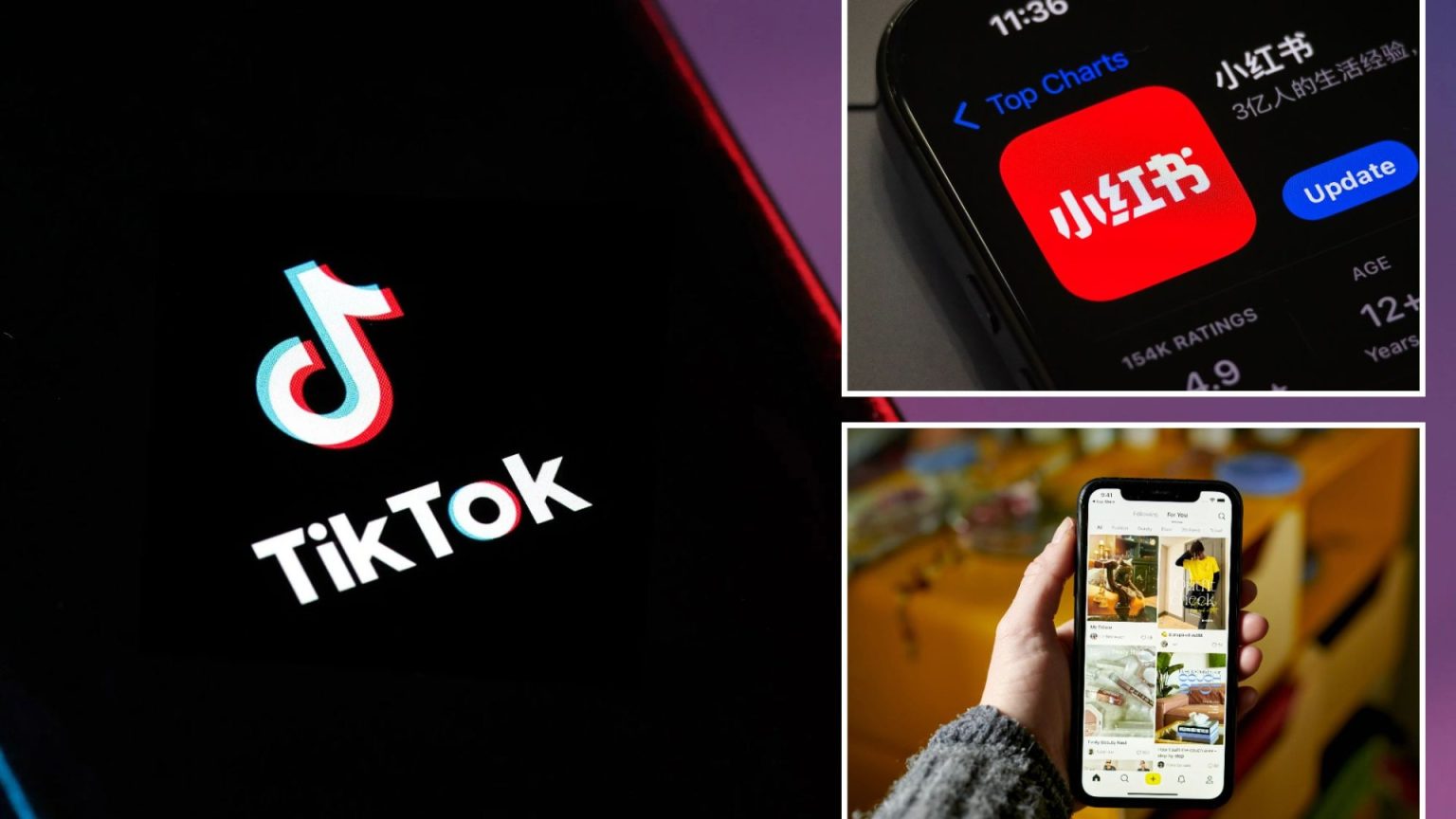The looming threat of a TikTok ban in the United States has sparked a mass exodus of users seeking alternative platforms to satisfy their short-form video cravings. The potential ban, stemming from long-standing concerns about TikTok’s Chinese ownership and alleged data security risks, has created a fertile ground for competitor apps to capitalize on the uncertainty and attract a significant influx of new users. As the deadline approaches, millions of American TikTok users are scrambling to find a new digital home, leaving behind a platform that has become deeply ingrained in their social media routines. The situation has ignited a fierce competition among existing and emerging platforms vying to capture the attention and loyalty of these displaced users.
Several platforms have emerged as frontrunners in the race to become the “next TikTok.” RedNote (Xiaohongshu), a Chinese social media app now available in English, has witnessed a surge in popularity, attracting over half a million “TikTok refugees” with its similar short-form video and live-streaming features. Lemon8, another app owned by TikTok’s parent company ByteDance, has also experienced a significant rise in downloads, offering a multi-faceted platform that combines elements of Instagram, TikTok, and Pinterest. Instagram Reels, a pre-existing feature on the popular photo-sharing app, is another strong contender, benefiting from the fact that many TikTok creators already maintain an active presence on Instagram. These platforms offer familiar functionalities and cater to the same desire for short, engaging video content, positioning themselves as natural successors to TikTok.
Beyond these prominent contenders, other platforms are also vying for a piece of the pie. Clapper, a short-form video app specifically targeting users over 18, has positioned itself as a “TikTok for adults” and has seen a considerable increase in downloads amidst the ban discussions. YouTube Shorts, YouTube’s response to the TikTok phenomenon, offers similar features like live videos, collaborations, and easy editing tools, leveraging YouTube’s vast existing user base. Snapchat Spotlight, while lacking the robust editing capabilities of some competitors, offers a global platform for sharing short videos, appealing to influencers and a younger demographic.
Triller, a platform focused on music videos, skits, and lip-sync videos, harkens back to TikTok’s earlier iterations before its explosive growth and diversification of content. Its AI-powered auto-editing tool sets it apart, streamlining the video creation process for users. Each of these platforms offers a unique blend of features and appeals to different segments of the TikTok user base. The competition is fierce, and the ultimate winner will likely be the platform that can best replicate the user experience and community that made TikTok so popular.
The potential TikTok ban represents a significant turning point in the social media landscape. It highlights the vulnerability of even the most dominant platforms to geopolitical pressures and regulatory scrutiny. The ban also underscores the dynamic nature of the digital world, where new platforms can quickly emerge and capture market share in response to shifting circumstances. The outcome of this situation will have far-reaching implications for the future of social media, influencing the development of new platforms and potentially reshaping the way users consume and create online content.
The debate surrounding TikTok’s potential ban revolves around national security concerns related to its Chinese ownership. The US government argues that ByteDance, TikTok’s parent company, could be compelled to share user data with the Chinese government, posing a significant threat. TikTok has consistently denied these allegations, but the concerns persist. The situation has become a focal point in the broader US-China tech rivalry, raising complex questions about data security, national sovereignty, and the role of technology in international relations.
From a user perspective, the potential ban represents a disruption to their online social lives. Millions of Americans have embraced TikTok as a source of entertainment, information, and community, and the prospect of losing access to the platform is understandably unsettling. The exodus to alternative platforms reflects a desire to maintain these connections and continue engaging with the type of content they enjoy. The ultimate success of these alternative platforms will depend on their ability to cultivate a similar sense of community and provide a user experience that resonates with former TikTok users.




